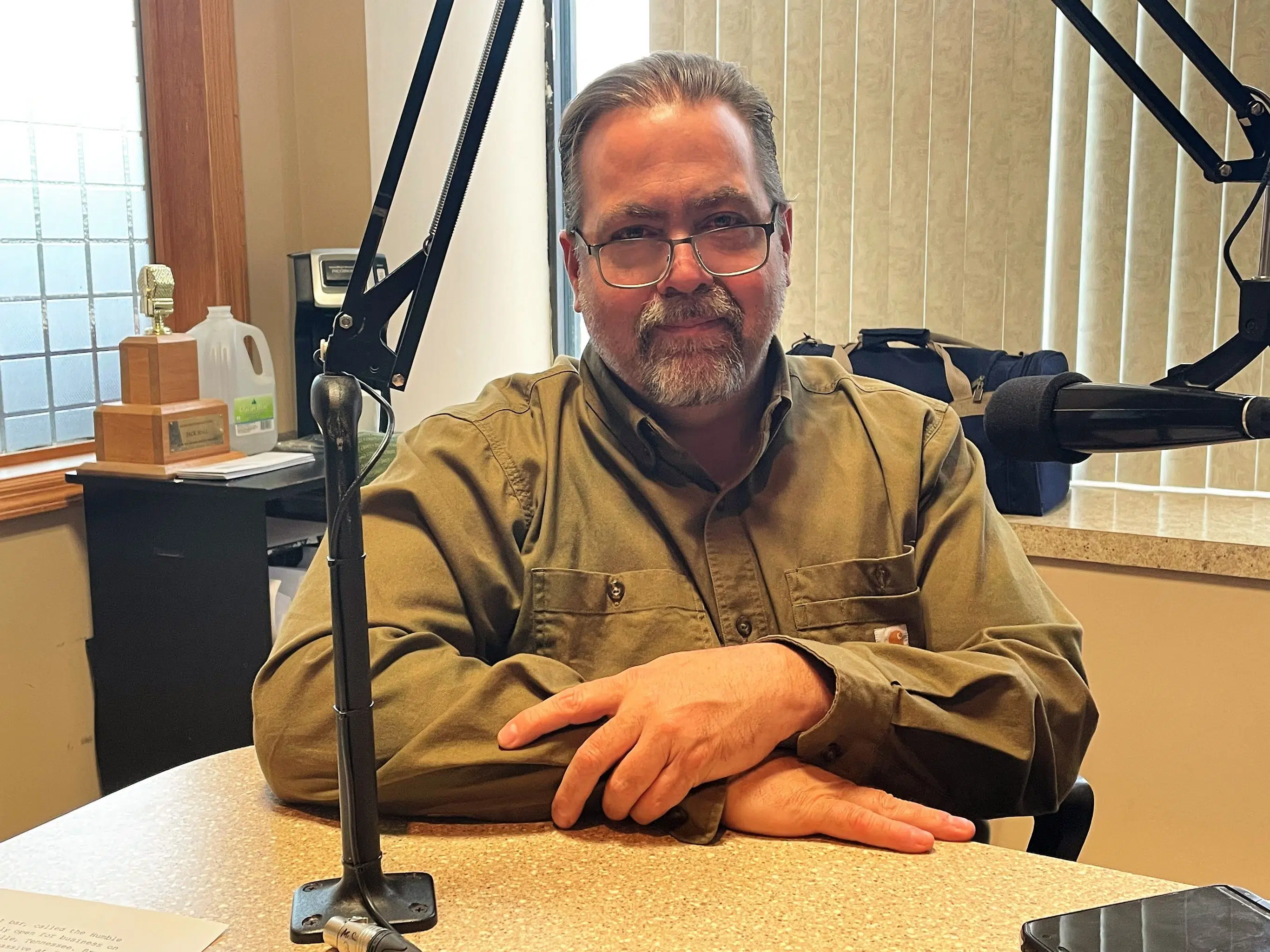CLICK TO HEAR JACK HALL’S INTERVIEW WITH REP. PRESTIN (R-CEDAR RIVER)
State Rep. Dave Prestin on Thursday reiterated a call for action to improve work conditions and alleviate staffing crises in Michigan’s prisons, following a recent tour of the Chippewa Correctional Facility.
While Prestin was at the facility with Michigan Corrections Officers’ Union President Byron Osborn and other administration officials from the prison, a prisoner violently struck an inspector in the head within clear view of the group. The prisoner was upset that he had been searched exiting the dining hall, and assaulted the inspector after he was informed the search was not a violation of policy.
“This startling attack was especially troubling because this prisoner, and many others at our corrections facilities, are no longer in fear of any repercussions for this behavior,” said Prestin, of Cedar River. “This prisoner could plainly see that he was standing in front of the entire facility administration team and still had no reservations about committing a serious assault. In just the twenty calendar days leading up to my visit, there had been nine assaults on staff, twenty-two prisoner assaults or fights, three threats on staff, four uses of weapons by prisoners in violent attacks, two uses of cell extraction teams, a lockdown, and the murder of a prisoner.”
The week following Rep. Prestin’s visit, there was another assault on an officer by a prisoner who had recently been reclassified from a Level 5 inmate to a Level 2 inmate. Classification decisions are made by an MDOC committee based out of Lansing, and wardens are not given the ability to override decisions by the committee based on their knowledge regarding the prisoner within their facility. Reclassification decisions were previously made at the facilities where the prisoners were held, but MDOC Director Heidi Washington centralized this decision-making process further away from the Corrections Officers who know these inmates.
“Unfortunately, events like these are what happens when there has been a consistent erosion of support from the Michigan Department of Corrections and the governor,” Prestin said. “There have been assaults like these at facilities all across the state, including the facilities in Manistee, Adrian, Baraga, Carson City, Muskegon, and Ionia. Our hardworking corrections staff have asked for reasonable things that would give them help and higher morale, but they’re not getting it and they’re continually being put in unnecessarily extreme danger. You can’t blame those officers who have found themselves overwhelmed and look to leave their position entirely, which only makes the problem worse. We urgently need a better way forward.”
The Michigan Corrections Organization has reported that corrections officers are frequently forced to work mandatory 16-hour shifts, leading to high stress, morale problems and more confrontations with prisoners. The Department of Corrections currently employs roughly 5,500 officers to oversee nearly 33,000 felons across 26 facilities. Nearly half of these prisons are experiencing staff vacancy rates exceeding 20%, with five facilities facing vacancy rates over 30%, according to the MCO.
“The state is not seeing the whole of the problem,” Prestin said. “They’re under the impression that the same old recruitment strategies will fix a persistent staff shortage and that will be that. But when officers get on site and see the unsafe conditions and lack of support they’re forced to deal with day after day, vacancies happen, and we’re back to square one with a staff shortage and dangerous situations in our prisons.
“We need additional commitments that respect the difficult and trying work these officers do every day to help keep our community safe. These officers need significantly increased wages, access to health care and robust retirement benefits, more support for officers who have injuries or mental health concerns, sufficient family and personal leave time, and more. We need to give our corrections staff the tools they need and deserve to thrive in these roles instead of continuing with an unsupportive, corrosive environment.”



























Comments